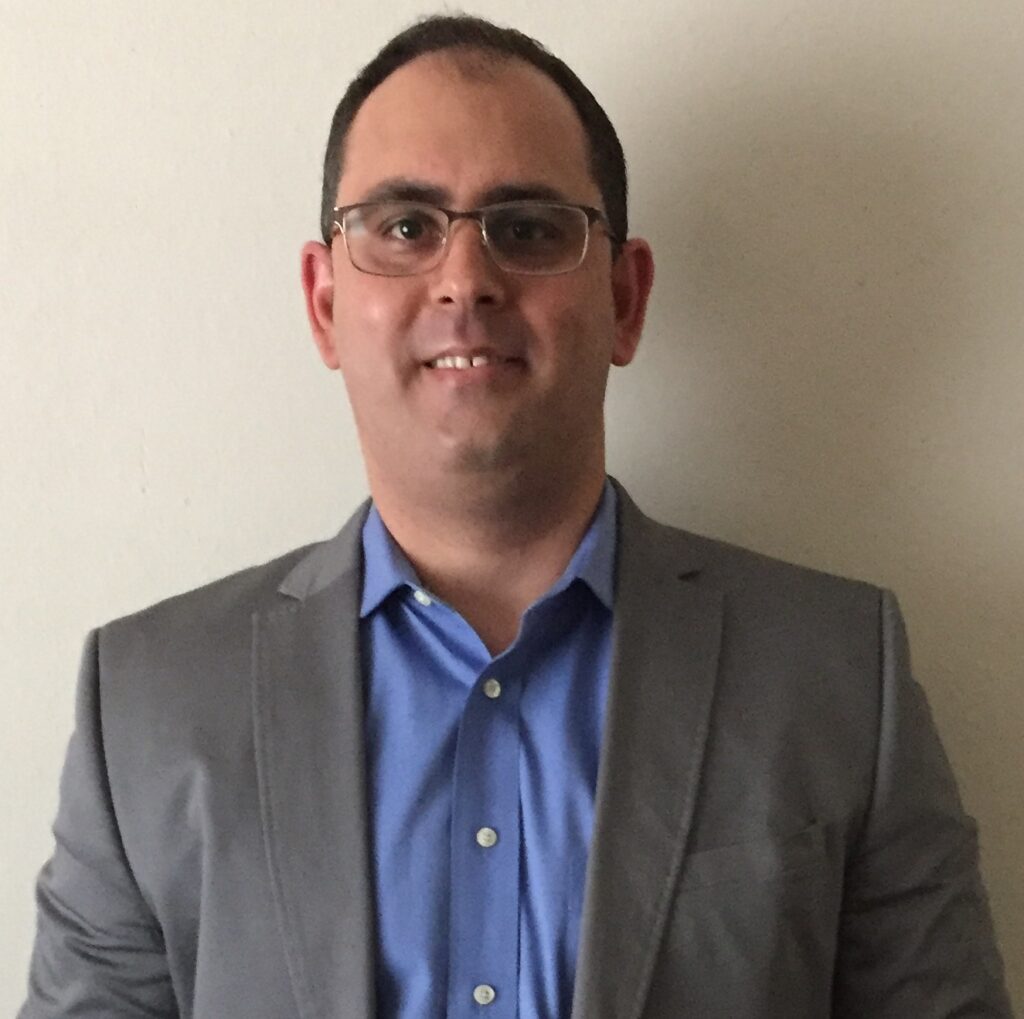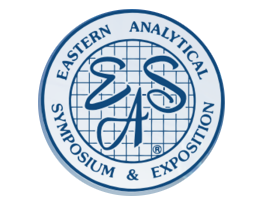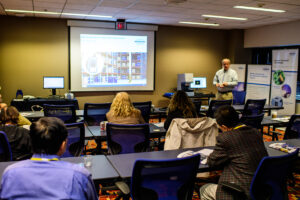One-Day Course
Sunday, November 14; 8:30am – 5:00pm
Dr. Eike Reich, The International Association for the Advancement of High-Performance Thin Layer, Rheinfelden, Switzerland
Dr. Wilmer Perera, CAMAG Scientific, Wilmington, NC
COURSE DESCRIPTION
High-performance thin-layer chromatography (HPTLC) has become widely accepted as reliable analytical method for identification of botanicals in a cGxP environment. It is also an established quantitative tool in various fields of application. The unique features of HPTLC fingerprints and the new concept of comprehensive HPTLC fingerprinting offer complementary and orthogonal approaches to describing the quality of complex samples. Now, multiple fingerprints from complementary chromatographic systems and multiple detection modes based on fully automatic analyses are realty and could transfer HPTLC into a new technique of instrumental analysis applied to routine quality control. This course will start with a brief discussion of concepts, parameters and unique features of standard HPTLC. Then, it will explore new possibilities that arise from rigorous standardization combined with full automation and modern approaches to intelligent data evaluation. Interactive case studies examine and highlight the advantages of the technique. Practical sessions emphasize strategies for developing, fine-tuning, and validating qualitative and quantitative HPTLC methods. An open forum will provide opportunities to discuss the new concepts and arising possibilities.
WHO SHOULD ATTEND
Researchers, Scientists, Academicians, QA/QC/R&D Personnel, Lab Managers and Technicians
Anyone wanting to learn about the extraordinary capabilities of HPTLC.
Anyone wanting to learn about how to get the most of an existing HPTLC system.
Anyone who wants to start thinking out of the box of liquid chromatography
TOPICS
1. Concepts, Parameters, and Special Features of HPTLC
a. What is so special about HP-TLC?
b. Rigorous standardization and flexible hyphenation – the two strong elements of HPTLC
c. Automatic HPTLC – the new basis for new analytical approaches
2. Practical Session: Generating Reliable HPTLC Data
3. Comprehensive HPTLC Fingerprinting
a. The Universal HPTLC mix in system suitability testing
b. Comprehensive HPTLC Fingerprinting: a different look at quality
c. Complementary HPTLC fingerprints
4. Case Studies: HPTLC in Practice
5. Quantitative Analysis by HPTLC
a. Principles of scanning densitometry
b. Assays and limit tests
c. Economic considerations
6. Practical Session: Development and Validation of HPTLC Methods
7. The Future of HPTLC
a. Specialized vs. universal screening methods
b. Complementary mobile phases for routine quality control
c. “New” definitions of quality
8. Open forum: questions and answers about the future of HPTLC
ABOUT THE INSTRUCTORS

Eike Reich received his doctorate degree in Natural Products Chemistry in 1989 from Humboldt University East Berlin. From 1990 to 1998 he was Associate Professor of Chemistry at Longwood College, Virginia, USA. In 1998 he moved to Switzerland to join CAMAG as Head of Laboratory. His research focuses on applications of High Performance Thin-Layer Chromatography. Dr. Reich has published numerous papers on the subject and contributed chapters to textbooks and encyclopedias. He is author of the book “HPTLC for the analysis of medicinal plants”. Dr. Reich is founding member of the International Association for the Advancement of HPTLC. In May of 2018, he was elected President of the HPTLC Association. In this capacity, he is promoting the use of HPTLC and soliciting international collaboration on the HPTLC Atlas for identification of herbal drugs. Eike Reich is remarried, father of five children, and grandfather.

Wilmer Perera received his bachelor’s degree in Chemistry and master’s degree in Organic Chemistry from the University of Havana, Cuba. He also completed his doctorate in Biochemistry at the University of Liege, Belgium in 2012. He has published 32 papers in peer-reviewed journals and has performed more than 40 presentations in national and international meetings. He is the laboratory manager at CAMAG Scientific, Inc, and oversees HPTLC analyses and projects, as well as trainings and courses at Wilmington, North Carolina and on the customer side. Dr. Perera is also a General Secretary of the North America Chapter of the International Association for the Advancement and collaborates on the HPTLC Atlas for identification of herbal drugs.

